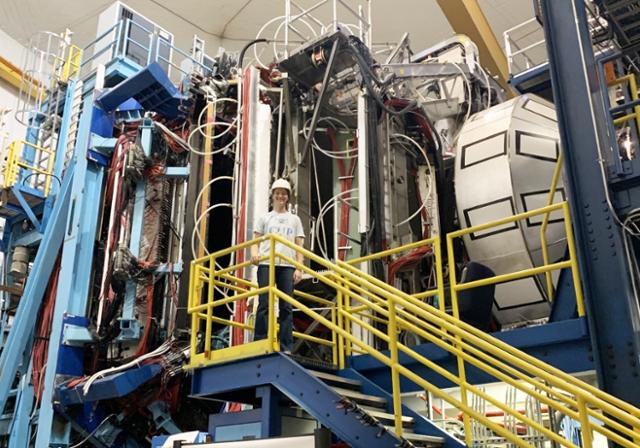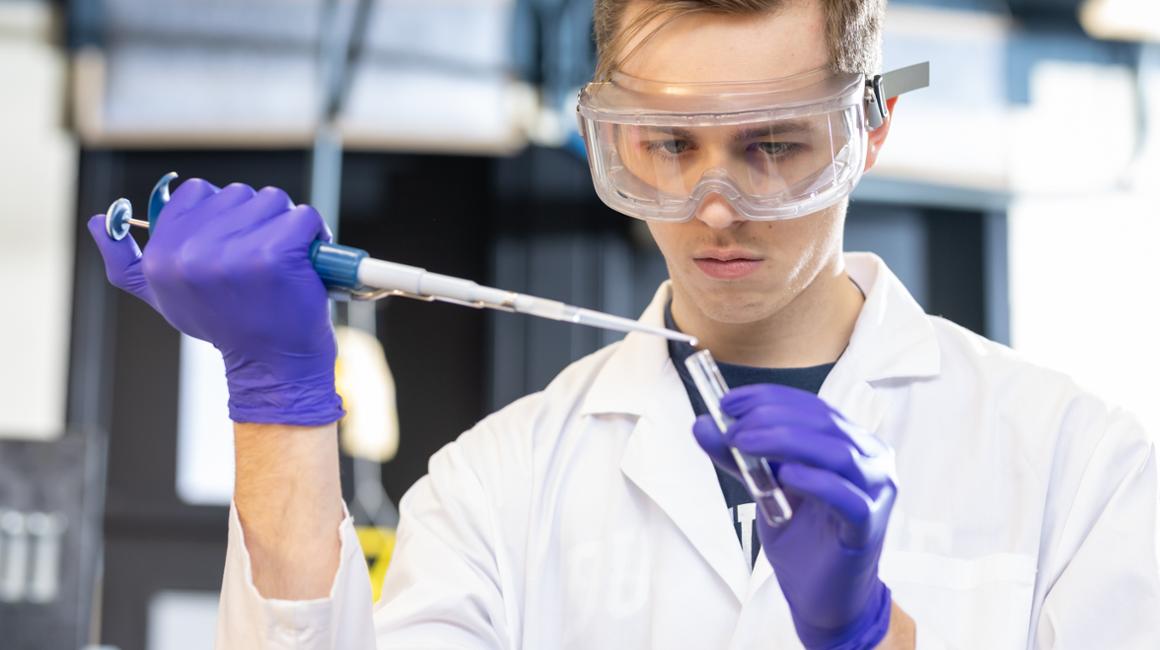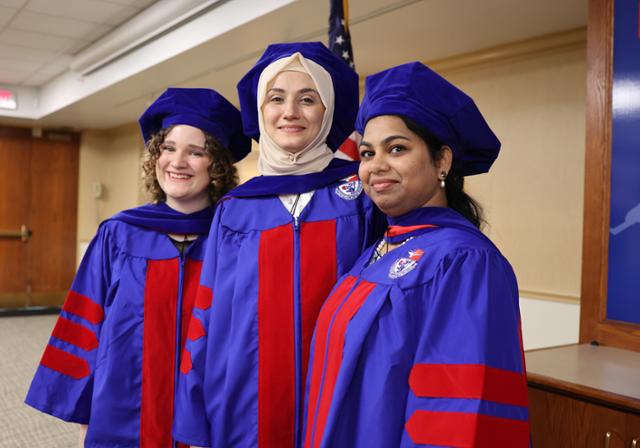Environmental Science
A Bachelor of Science (BS) in Environmental Science provides a foundation in the natural sciences and prepares you to apply scientific knowledge to environmental issues. By integrating science, policy, and theory, our program ensures you develop a well-rounded perspective that prepares you for a wide range of rewarding career paths, such as atmospheric scientist, climatologist, hydrologist, geoscientist, microbiologist, environmental scientist, agricultural and food scientist, or conservation scientist, as well as for graduate programs.
One of the standout features of our program is the personalized attention and one-on-one mentoring you'll receive throughout your time as an undergraduate. Your faculty advisors and student success coach will work alongside you to ensure you receive the support needed to thrive both academically and professionally.
Program Information
The Bachelor of Science (BS) in Environmental Science provides students with a strong foundation in the natural sciences and mathematics. Courses emphasize the integration of science, policy, and theory, providing students with a holistic view of the environmental challenges facing society.
Program Type
Major
Degree
Bachelor's
Academic Department
Environmental Science and Management
Duration
4-year
Required Credit Hours
127
As a student in the environmental science program, you'll collaborate with faculty
on scientific research, contributing to significant scientific goals and often co-authoring
publications in leading journals like the Journal of Environmental Management, the
Journal of Cleaner Production and the Environmental Impact Assessment Review. You can explore your interests through approximately 14 clubs and organizations, which
are open to science and engineering majors. These options include joining the Biomedical
Engineering Society, the Society of Women Engineers and the Multicultural STEM Group,
among others, to connect with like-minded peers and pursue your passions. Duquesne University is nestled in the heart of Pittsburgh, a city with 90 diverse
neighborhoods where everyone can be themselves. Repeatedly ranked among the most livable
cities, Pittsburgh offers a vibrant mix of opportunities just a few blocks from campus,
including Fortune 500 companies, nonprofit organizations, and startups for work —
and three major league sports teams for play!The Student Experience
Featured content

Get Hands-On Research Experience

Find Your Community

Study in a Dynamic and Thriving Location
It's Time For Bigger Goals!
To assist students in achieving their academic goals within the B.S. in Environmental
Science program, we recommend the following course sequence. Please note that undergraduate
research is highly encouraged. Contact me, your Enrollment Coordinator, to get started on your academic path.Course Offerings
Students must take at least one field course- ENVI 466/492W/494 or other courses approved
by their faculty mentor.
I Can Help You Reach Your Bigger Goals!





